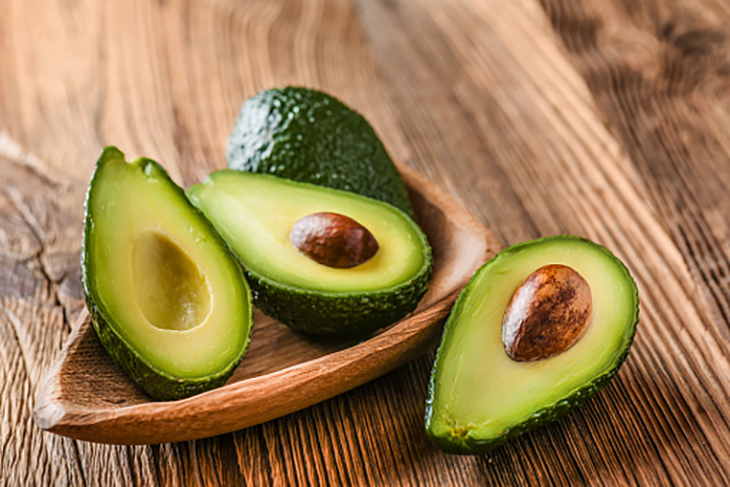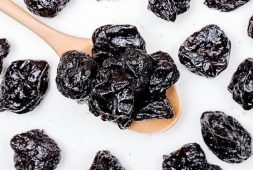
Most people know that they need vitamins A and C in their systems, but one nutrient that doesn’t get enough emphasis is magnesium. Magnesium is actually one of the most important minerals needed by the body to stay healthy because it’s used in a variety of processes within the body, such as helping regulate blood sugar levels, muscle and nerve functions, producing protein and bone, as well as supporting six hundred different chemical reactions in the body.
In fact, every single cell within the body needs magnesium to work properly, while it also works to repair DNA and RNA, which works to create new proteins from amino acids, while also helping regulate neurotransmitters that are responsible for sending the messages through the nervous system and brain. Moreover, most of the body’s requirements for magnesium are food within the bones, however, it also comes from soft tissues, muscles, and fluids, including a person’s blood.
According to the Harvard T.H. Chan Medical School of Public Health, an adult’s recommended daily intake (RDI) of magnesium is between 400 to 420 milligrams a day. However, many studies how that only 50% of Americans get the proper dosage.
Thankfully, there are a number of foods that you can eat to up your daily magnesium intake and meet your required magnesium needs.
Here are 10 magnesium-heavy foods that you can add to your diet every day.
1. Avocados
Lately, avocados have become all the hype with all the millennials and Gen Z’ers making their meals with avocado in everything. From toast, to baked potatoes, salads, dressings, and even ice cream, it seems that avocado can go in any type of meal, whether savory or sweet. This is actually a really good thing since avocado is very high in “good” fat, which is “heart healthy” monounsaturated fat, while also being a great source of magnesium. A single medium-sized avocado has around 58 milligrams (mg) of magnesium, which translates to 15% of an adult’s RDI. Avocados are also high in potassium, vitamin K, and a number of different B vitamins. It’s also a wonderful source of fiber, which helps the reduction of inflammation and improve cholesterol levels too.



